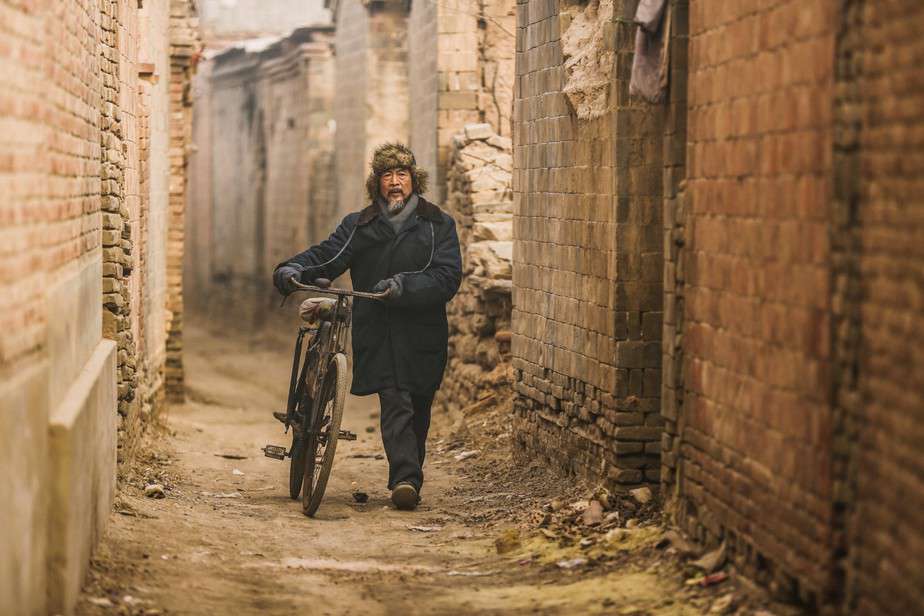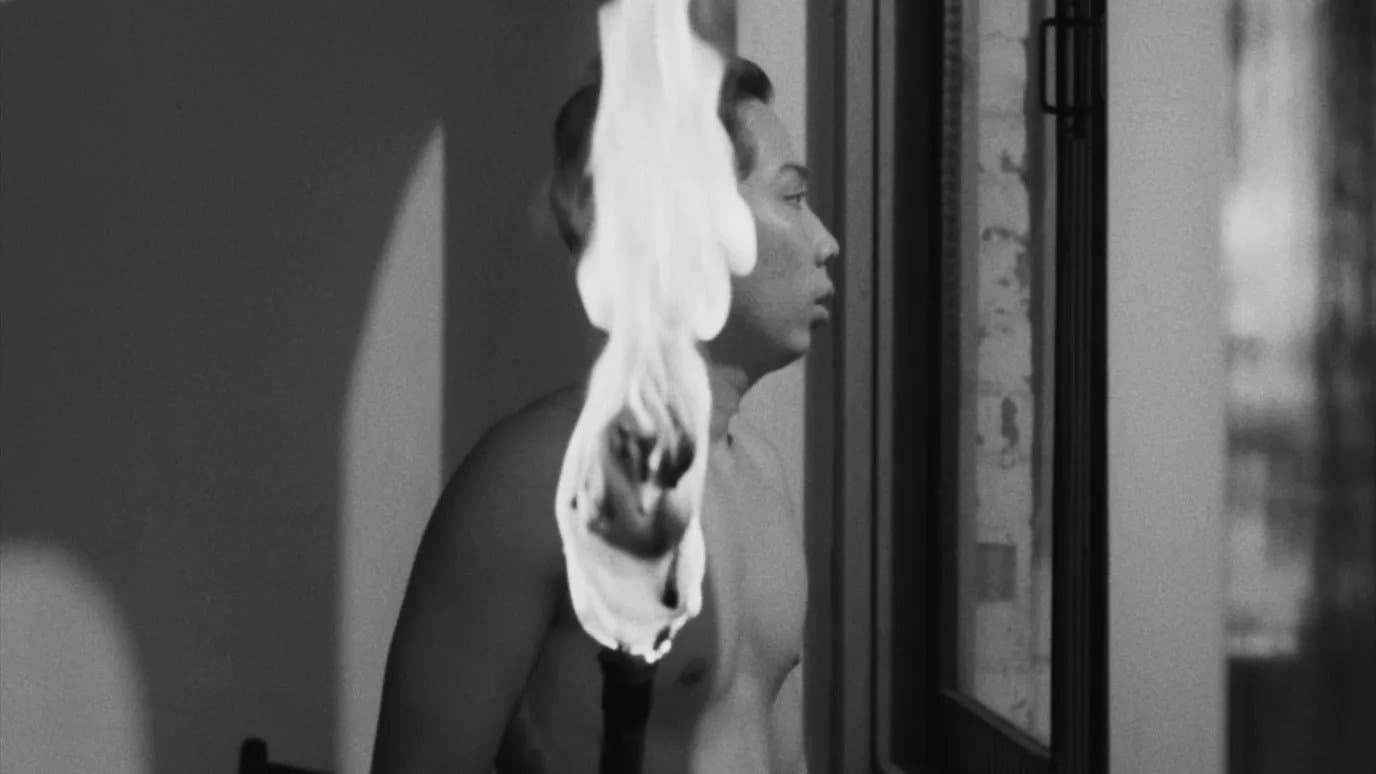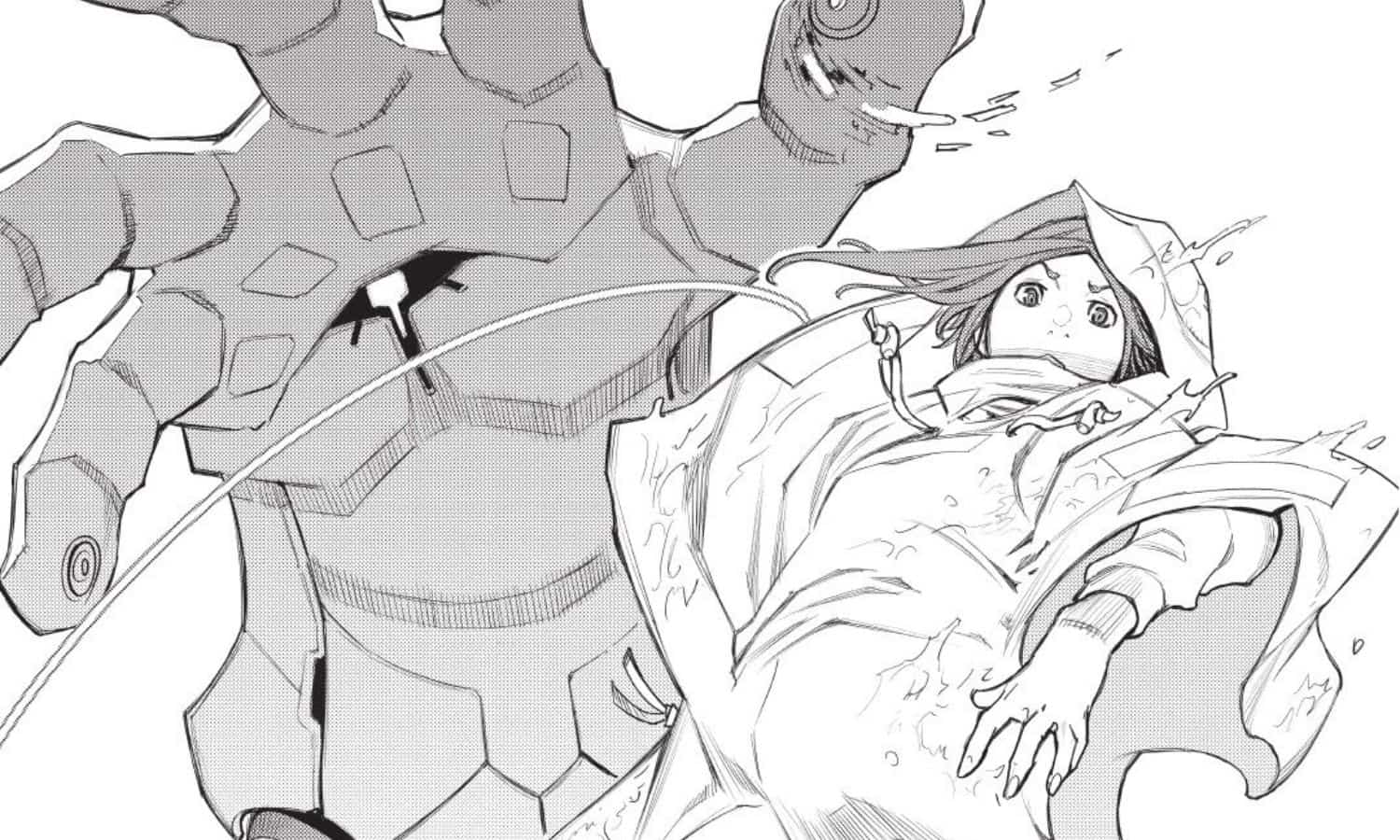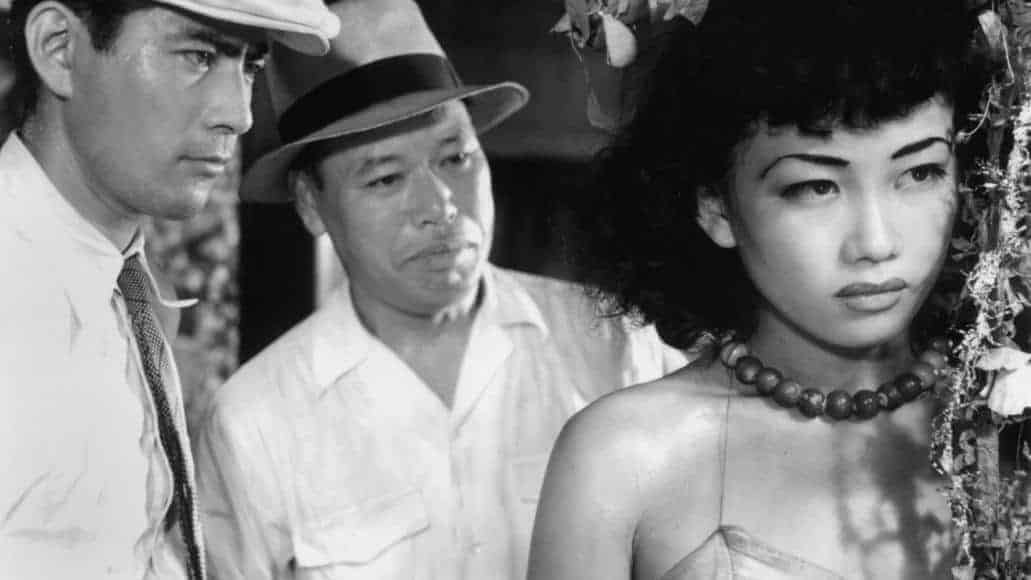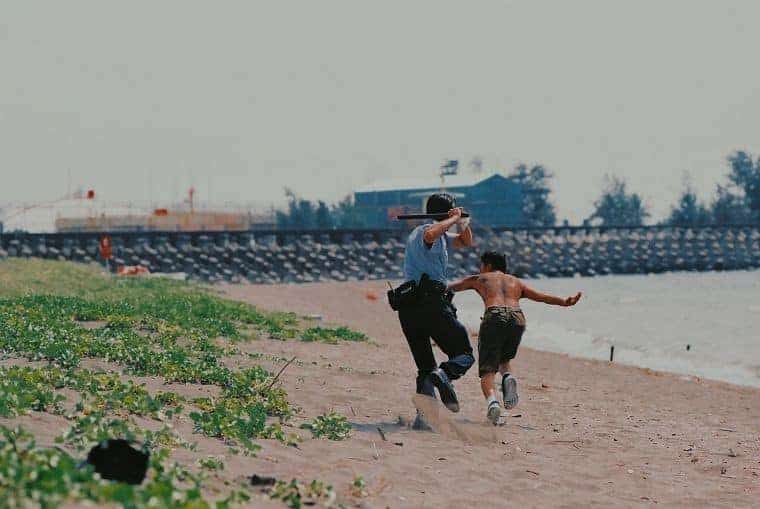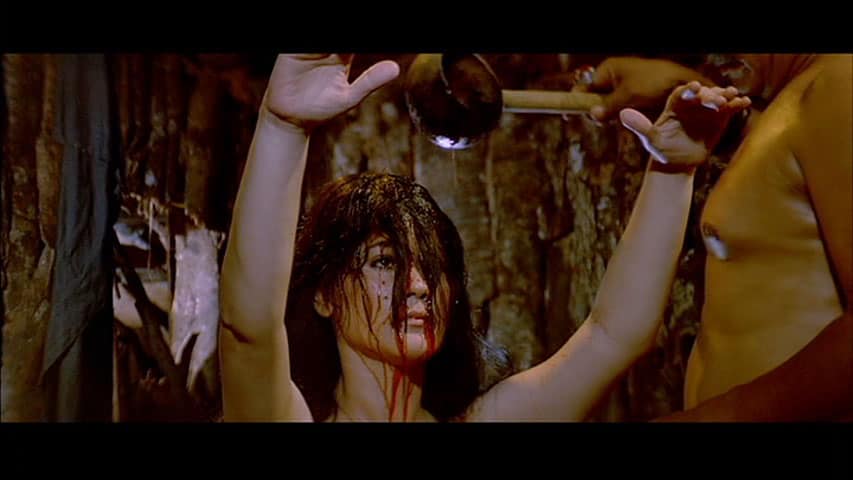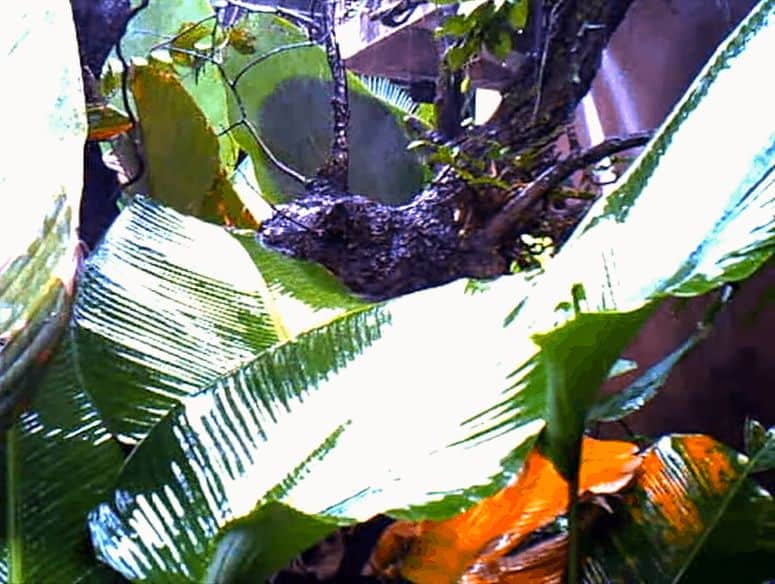Jungfeng Liu, born in Hebei province, graduated from Hebel University and the Bejing Film Academy. His short movies won several awards in China. Now his debut feature “Spring follows winter” is screened at 1-2 section of Warsaw Film Festival, a competition spot for directors beginning their journey, who has made no more than 2 full length movies.
“Spring Follows Winter” is screening at the Warsaw Film Festival

An old man is walking along the dust road, where rows of trees spread along on both sides. Branches are bare, no green around. The man is wearing warm clothes, so it is clear it is not the season of prosperity and harvest. He carries a basket for firewood…
Off-frame voice of a narrator, whom we never see as an adult, reveals that this is going to be a tale about his grandfather. We travel back in time to ‘80, to Chinese countryside, where, as we are told, life was hard because of a shortage of goods, and people didn't own much. At the time, China faced many challenges. Country started multiple reforms, including quick economic growth and an opening for the world, as oppose to a policy of isolation. But don't expect slice-of-life tale on hardships and modernisation or any sociopolitical context. From the first frame the director sets a different kind of mood.

The narrator's grandfather is a respected member of the local community. He has served many years on an official post and never hesitated to help others. So, when he finds a fabric-made bag filled with money on a road, he can't keep it for himself. He waits, expecting that the owner will show up. Indeed, a worried stranger, obviously in search for something, comes, and the grandpa is delighted to return him his money. However, any relief is premature. It turns out that grandpa was tricked by a cheat. The bag belonged to an old accountant who was in custody of savings of his fellow-villagers. As the Spring Festival celebrations are coming, everyone is in need. But it is not only the matter of organizing the feast… Because all the victims of the thief barely make ends meet, a simple act of honesty becomes someone else's' misery and triggers a chain of events.
The unfortunate grandfather feels a burden of guilt, although he can't be blamed for what has happened. Being the only person who saw the cheat's face, he searches for him, going from one village to another. He travels further and further and spends less and less time with his close ones. The story revolves around his efforts; however ill-starred accountant's family and some more characters also take the stage. In a twist of fate, their lives cross and their ability to help others and to sympathize with strangers will be tested.
One could argue that the vision of the countryside shown in the movie is unrealistic, and rightly so. But the narrative frame of the family story makes sense of it. The director tells a fairy tale about the times long gone, a fable on humane solidarity and praise of collective values, which expresses the longing for the mythical past, when people used to stick together, supporting each other, not expecting anything in return. It may be idyllic, as in childhood we perceive reality in a simplistic way. “Spring Follows Winter” appears just a heartwarming story, a parable on honesty setting moral examples. Like in classic Aesop fables, the characters don't seem to be flesh and blood. They symbolize certain human types, like a feisty and cantankerous daughter-in-law, silent, obedient wife, honest police inspector, a slyboots. However, in the end even those, who initially appear bad, show a more humane face and explain the ulterior motives behind their deeds.

It seems moralizing, and occasionally bears a resemblance to a vintage propaganda poster praising the charms of rural life, but despite that, the film has plenty of unpretentious charm. There is something heartwarming in a vision of a silver-haired man who can't get past people's misery, cycling on a rusty bike, firmly trying to fulfill his promises. Whole story of the lost bag is crafted in an engaging and entertaining way. Impressive cinematography, skillful editing and a neat work of production design department, who revived the retro village setting, are not to be ignored.
However, the director should follow the rule that sometimes the less is more, as once in a while he tends to mix pompous speeches or emotional outbursts with maudlin background score with an effect that is more humorous than dramatic.



